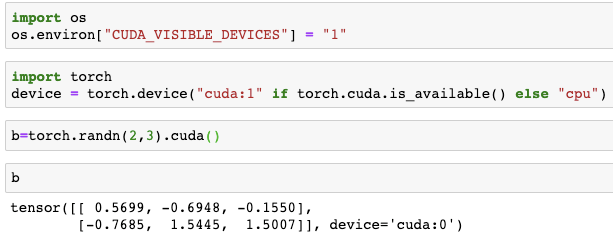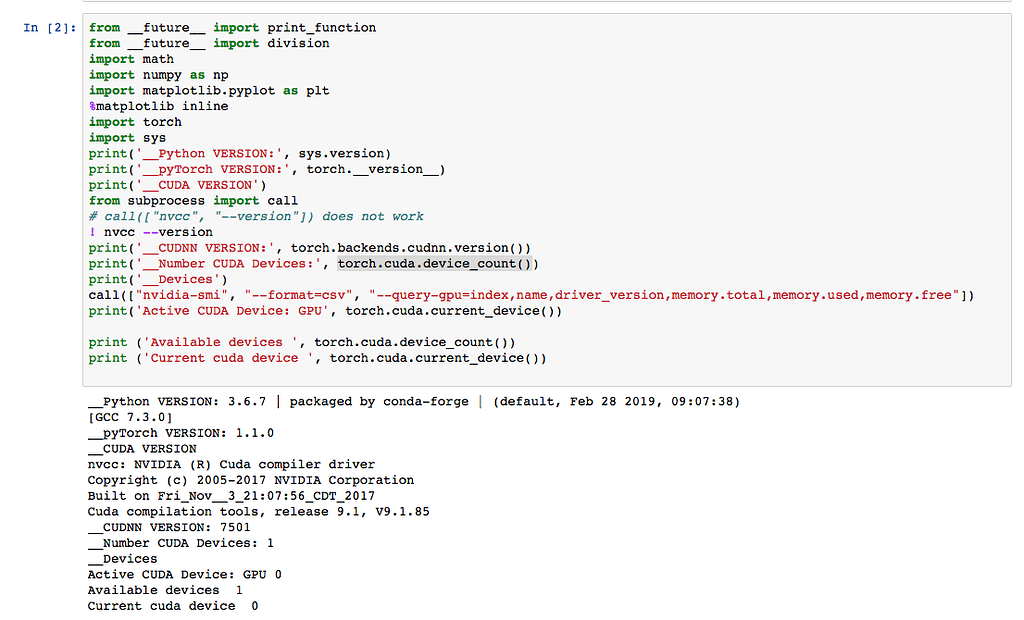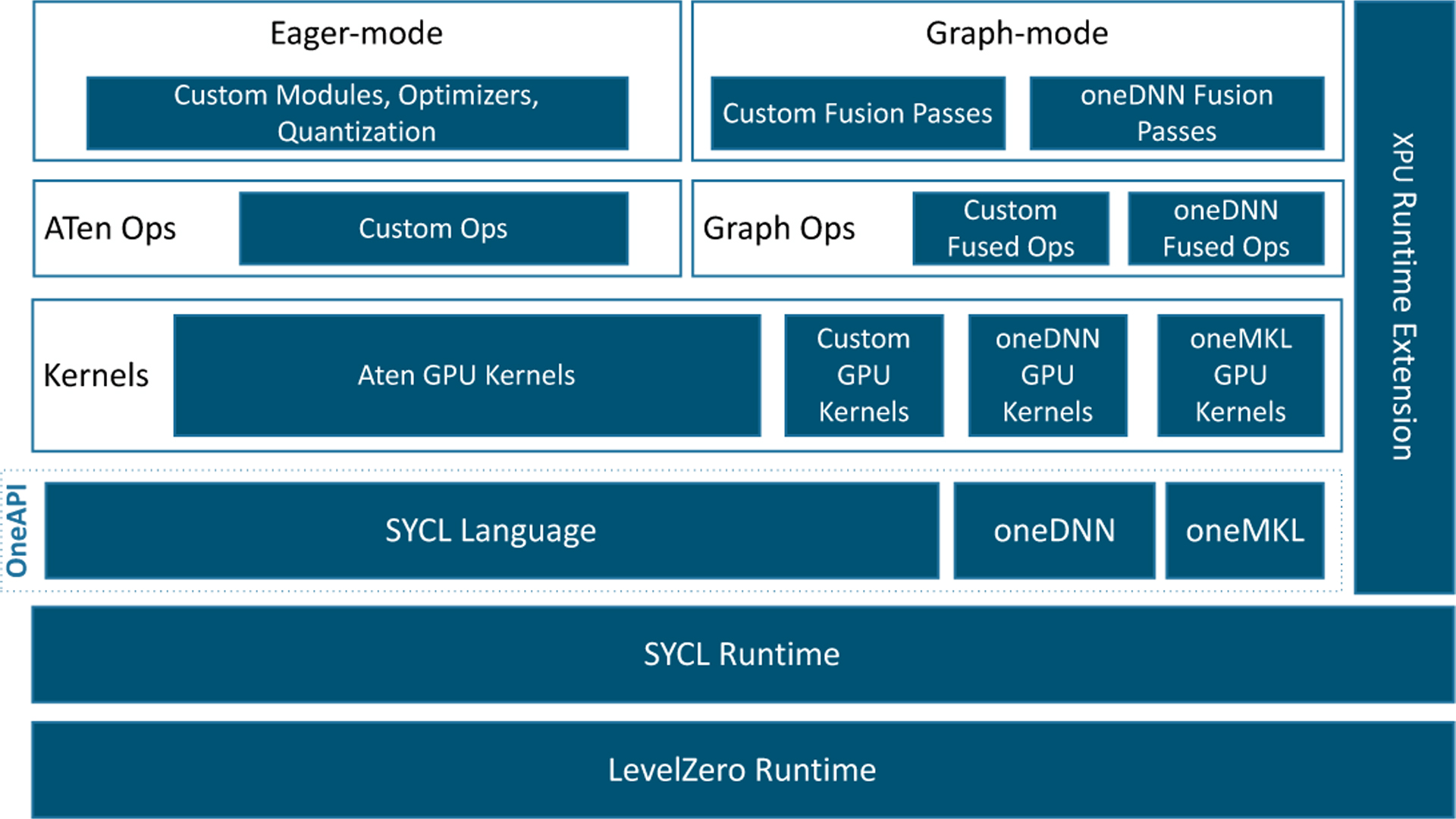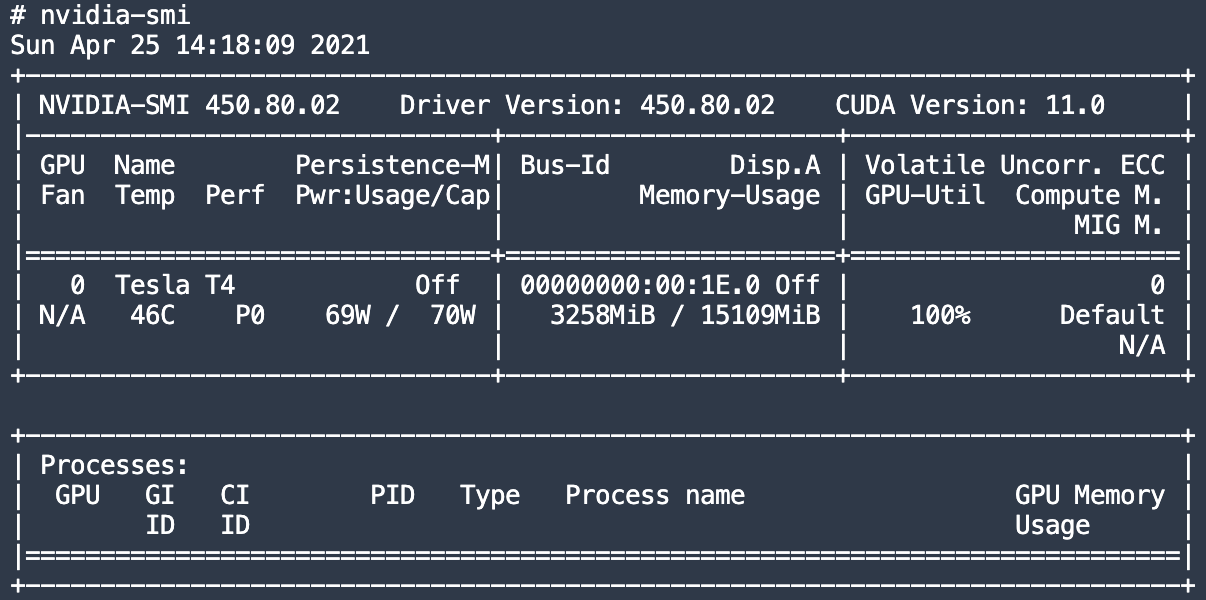Roads & PavementRoads & Pavement
Barefoot
Minimal
Low
Medium
High
Maximal
All around running shoes offer comfort and cushioning for daily runs, jogs, walks, and long mileage. They offer enough versatility for both faster and slower runs and are a great option for those who want one running shoe to do it all.
Fast run or uptempo running shoes are lightweight and responsive. They offer streamlined designs that have minimal uppers and offer a high level of energy return. These shoes are a great option for faster runs in the week or those looking for a livelier experience.
Max Cushion shoes offer premium cushioning with ample ground protection and a stable ride. These types of shoes provide abundant impact protection that softens landings while running at any pace or distance. These types of shoes are best for slower recovery runs and easy days where comfort takes priority.
Racing shoes are designed with optimal performance in mind. These types of shoes have snug-fitting uppers, energetic midsole foams, and features implemented for maximum efficiency. These types of shoes are best for runners looking to gain the ultimate advantage in races but may sacrifice some durability and comfort.
Gym Workout shoes offer a stable and versatile ride. They have a firmer underfoot feeling that provides stability for lateral movements with comfortable uppers. These types of shoes are best for trips to the gyms, cross training, casual wear, and light running. Guide To Install CUDA for GPU enabled Deep Learning with PyTorch
Road running shoes feature smooth outsoles that are designed for running on paved surfaces such as roads, sidewalks, and bike paths.
Designed to handle most trail runs, these shoes prioritize comfort and a smooth ride. These shoes are great for anything from smooth singletrack, park trails, and fireroads making them ideal for those who run from their doorstep on streets before hitting the trail.
These shoes are best used for hard, rugged trails such as shale, granite or sandstone where grip on smooth surfaces and underfoot protection are important.
Designed for use in muddy, soggy conditions, these shoes feature very aggressive outsoles that dig deep into soft ground for exceptional traction.
These shoes feature technical outsoles designed to grip snowy and icy trails making them ideal for winter trail running.
Cushioning level, or stack height, refers to how much shoe is between your foot and the ground. For this category, we reference the amount of cushioning below the forefoot as the heel height will be equal to or greater than the forefoot height.
Pytorch Cuda Device Count is 1 but I have 8 GPU cards PyTorch
0-13mm. The Shoe generally does not have a midsole and feels like there is no cushioning. This shoe is all about feeling the ground underfoot.
14-18mm. The shoe has a thin midsole that allows for a natural running experience. Racing shoes and minimalist shoes are common here. These shoes offer a feeling of being connected to the road or trail.
19-23mm. The shoe has a slightly cushioned feel and may feature added cushioning technologies. Performance training shoes and some trail shoes are common here. These offer protection during footstrike but prioritize a lightweight, grounded experience.
24-28mm. These shoes have a stack height that fall near the middle of the spectrum.The shoes in this category are verstaile and great for all types of runs and distances.
29-34mm. The shoe has a thick midsole and ample cushioning. These shoes are highly protective and absorb more impact than the body.
35mm plus. The shoe has an extremely thick midsole and extra cushioning. The focus is on protection and soft foam underfoot with hardly any ground feel.
Neutral shoes support the foot through a normal range of arch collapse and generally do not have a built-in technology to correct movement.
Stability shoes are a great option for those who overpronate or need added support. These shoes help to limit the inward rolling motion of the ankle while running or walking and assist in guiding the foot straight through the gait cycle. Introducing the Intel Extension for PyTorch for GPUs
Product Details:
Pytorch part 1 tensor and Pytorch tensor Phuc Nguyen sales, How Nvidia s CUDA Monopoly In Machine Learning Is Breaking sales, A error when using GPU vision PyTorch Forums sales, CUDA is not available deployment PyTorch Forums sales, Understanding GPU Memory 2 Finding and Removing Reference Cycles sales, PyTorch 1.8 cuda cannot use GPU PyTorch Forums sales, D My experience with running PyTorch on the M1 GPU r sales, Cuda out of memory occurs while I have enough cuda memory sales, How to Accurately Time CUDA Kernels in Pytorch sales, It seems Pytorch doesn t use GPU PyTorch Forums sales, PyTorch GPU Stack in 5 minutes or less sales, Accelerating PyTorch with CUDA Graphs PyTorch sales, Installing Pytorch with CUDA support on Windows 10 by Eugenia sales, Pytorch GPU Setup Guide The MCT Blog sales, Cuda usage high but GPU usage low PyTorch Forums sales, Installing PyTorch with Cuda TELIN Helpdesk sales, GPU A800 Driver 515 pyTorch 1.13.1 CUDA 11.7 Cudnn 8.5 ubuntu sales, 1. NVIDIA GPU Accelerated Computing on WSL 2 CUDA on WSL 12.3 sales, Pytorch compatibile with NVIDIA SMI 535.104.05 Driver Version sales, Pytorch Tutorial 6 How To Run Pytorch Code In GPU Using CUDA Library sales, How to allocate more GPU memory to be reserved by PyTorch to avoid sales, How to run PyTorch with GPU and CUDA 9.2 support on Google Colab sales, Pytorch Cuda 11.2 2024 favors sales, Cuda Kernel loaded in memory for processes not using GPU PyTorch sales, Cuda versioning and pytorch compatibility PyTorch Forums sales, No GPU utilization although CUDA seems to be activated vision sales, Types oNVIDIA GPU Architectures For Deep Learning sales, Pytorch and CUDA11 HYAK sales, How to know the exact GPU memory requirement for a certain model sales, Pytorch for windows 11 PyTorch Forums sales, PyTorch for Cuda 12 PyTorch Forums sales, GPU based deep learning 2023 series 1 PyTorch CUDA installation guide sales, PyTorch 1.13 release including beta versions of functorch and sales, Is cuda 12.1 compatible for my geforce gtx 1050 Ti which cudnn sales, PyTorch model on cuda but GPU isn t used PyTorch Forums sales, CUDA vs PyTorch What are the differences sales, Introducing the Intel Extension for PyTorch for GPUs sales, Pytorch Cuda Device Count is 1 but I have 8 GPU cards PyTorch sales, Guide To Install CUDA for GPU enabled Deep Learning with PyTorch sales, Why .cuda always allocate GPU 0 PyTorch Forums sales, Accelerating PyTorch with CUDA Graphs PyTorch sales, PyTorch NVIDIA NGC sales, Installing Pytorch with CUDA support on Windows 10 by Eugenia sales, Pytorch with CUDA Unified Memory PyTorch Forums sales, Accelerating PyTorch with CUDA Graphs PyTorch sales, Accelerating PyTorch with CUDA Graphs PyTorch sales, PyTorch CUDA The Definitive Guide cnvrg.io sales, PyTorch CUDA The Definitive Guide cnvrg.io sales, How to set up and Run CUDA Operations in Pytorch GeeksforGeeks sales, Accelerating PyTorch with CUDA Graphs PyTorch sales, Product Info:
Pytorch gpu cuda sales.
- Increased inherent stability
- Smooth transitions
- All day comfort
Model Number: SKU#7371210





